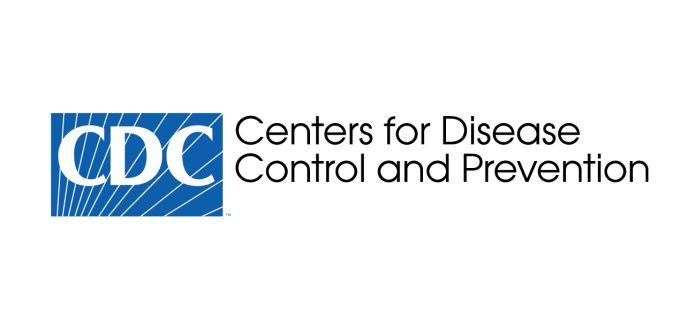The Centers for Disease Control and Prevention has issued a food safety alert regarding an outbreak of Salmonella infections.
Forty-three people infected with the outbreak strain of Salmonella have been reported from 15 states. Seventeen people have been hospitalized and no deaths have been reported.
Interviews with sick people and laboratory findings show that cantaloupes are making people in this outbreak sick.
Canada is investigating an outbreak with this same Salmonella strain and they found the strain in a sample of Malichita brand cantaloupe.
Several brands of whole and pre-cut cantaloupes and pre-cut fruit have been recalled:
- Malichita brand whole cantaloupes
- Vinyard brand pre-cut cantaloupes
- ALDI whole cantaloupe and pre-cut fruit products
Investigators are working to identify any additional cantaloupe products that may be contaminated.
What You Should Do
Do not eat any recalled cantaloupes and other fruit products. Throw them away or return them to where you bought them.
Wash items and surfaces that may have touched the recalled fruit using hot soapy water or a dishwasher.
Call your healthcare provider if you have any of these severe Salmonella symptoms:
- Diarrhea and a fever higher than 102 F
- Diarrhea for more than 3 days that is not improving
- Bloody diarrhea
- So much vomiting that you cannot keep liquids down
- Signs of dehydration, such as: Not peeing much; Dry mouth and throat; Feeling dizzy when standing up
What Businesses Should Do
- Do not sell or serve recalled cantaloupes or recalled fruit products.
- Wash and sanitize items and surfaces that may have come in contact with recalled fruit.
Salmonella Symptoms
- Most people infected with Salmonella experience diarrhea, fever, and stomach cramps.
- Symptoms usually start 6 hours to 6 days after swallowing the bacteria.
- Most people recover without treatment after 4 to 7 days.
- Some people — especially children younger than 5 years, adults 65 years and older, and people with weakened immune systems — may experience more severe illnesses that require medical treatment or hospitalization.
- For more information about Salmonella, see the Salmonella Questions and Answers page.
If you have questions about cases in a particular state, please call that state’s health department.




